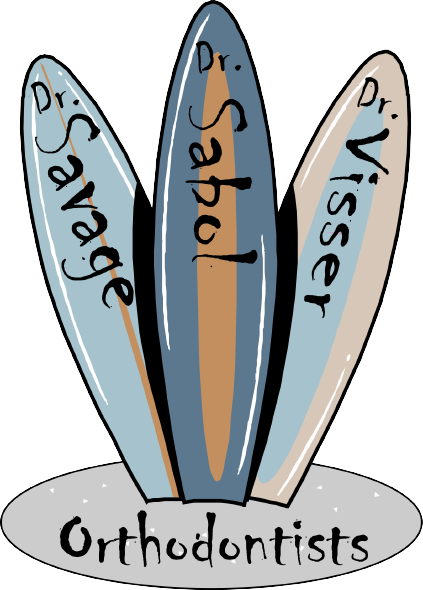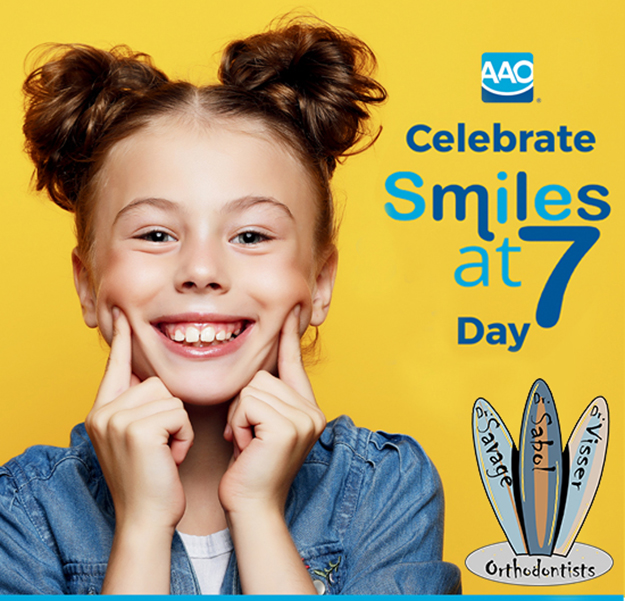 Many people use a mouthwash to freshen their breath and help control tooth decay or plaque. Although most mouthwashes are available over the counter without a prescription, there are still safety concerns when using them. Although many dentists believe that mouthwash is not crucial to your oral health, there are benefits to using it.
Many people use a mouthwash to freshen their breath and help control tooth decay or plaque. Although most mouthwashes are available over the counter without a prescription, there are still safety concerns when using them. Although many dentists believe that mouthwash is not crucial to your oral health, there are benefits to using it.
Most mouthwashes have basic ingredients, such as water, alcohol, cleaning agents, flavoring, and coloring. There are four types of active ingredients commonly found in a mouth rinse, depending on what their use. Antimicrobials help control bad breath and kill bacteria in the mouth that lead to plaque, gingivitis and halitosis. Fluoride reduces tooth decay and makes your teeth more resistant to decay. Astringent salts are temporary deodorizers to mask bad breath, and odor neutralizers counteract odor-causing compounds.
Pros of Using Mouthwash
After periodontal surgery, daily mouthwash can help reduce pain, treat infection, and reduce inflammation in your mouth. If you’re unable to brush for a couple of days, it can help your mouth feel clean until you can get to the dentist. After you brush and floss, a mouthwash removes the remaining debris in your mouth. You will feel better about your mouth and the way your breath smells, which increases your self-confidence.
Rinsing with a fluoride rinse also helps to reduce the frequency of cavities. An antibacterial mouthwash helps prevent gingivitis, and it can soothe a canker sore. In addition, pregnant women who have periodontal disease risk going into early labor, and a mouthwash can keep the germs from getting into your bloodstream, which stimulates contractions. Always speak to your doctor about using mouthwash when pregnant, especially the kind with alcohol.
Cons of Using Mouthwash
Mouthwash with a high alcohol content can lead to dry mouth and can aggravate canker sores. Some studies suggest that there may be a link between mouthwashes that contain alcohol and oral cancer, because the alcohol dissolves the mucous layer, which leaves your mouth vulnerable to cancer-causing agents. Mouthwash can be also be toxic if consumed internally, something that children especially are prone to doing by accident.
Although many people love the fresh breath they get initially when they use mouthwash, it’s short-lived. When using mouthwash to mask bad oral hygiene, it’s similar to using cologne to mask the need for a shower. No amount of mouthwash can cover up the neglect of your teeth and mouth, and regular brushing, flossing and dental visits are the best way to maintain your overall oral health.
Do You Need a Mouthwash?
Your dentist can help you find the right mouthwash for your oral health requirements. It is not a replacement for regular brushing and flossing, but it can be part of your oral hygiene routine. Always make sure to use it according to the directions, and keep any mouthwash away from children, especially ones that contain alcohol as it could be deadly to young children if they ingest it. Take care of your mouth and teeth, and include mouthwash as part of your routine if your dentist indicates that it’s safe and would be helpful to do so.












